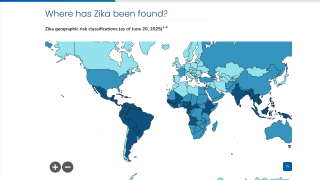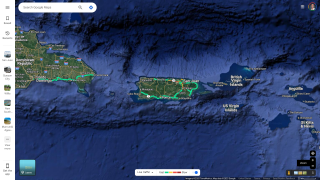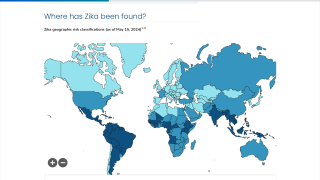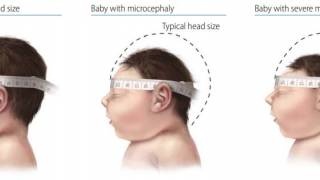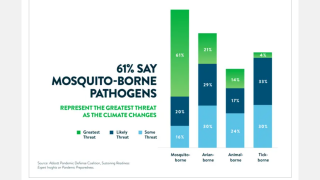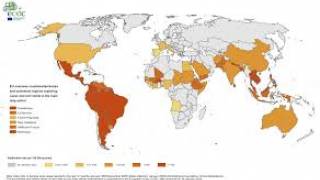Zika Infection Triggers Enhanced Release of VOC Attractants from Infected Human Skin

Since the Zika virus epidemic was a public health emergency of international concern in 2016, researchers have been investigating how this mosquito-transmitted disease spreads.
These efforts are essential as some studies have forecasted that over 1 billion people could be impacted during Zika outbreaks by 2050.
Even in 2025, the Region of the Americas has reported 623 Zika cases as of March 10, 2025. Last year, there were about 42,000 ZIka cases in the Americas, including 16 reported by the Puerto Rico Department of Health.
A recent study led by the Liverpool School of Tropical Medicine (LSTM) and published in Communications Biology in 2025 shows that Zika infections cause metabolic changes in human skin, transforming it from a protective barrier to a magnet for mosquitoes.
The skin is the body's largest organ, serving multiple essential functions, including a physical barrier for protection.
Their research shows that the Zika virus alters gene and protein expression in dermal fibroblasts, the cell type responsible for maintaining the skin's structural integrity.
These metabolic changes increase the production of certain chemicals emitted through the skin, known as volatile organic compounds, that attract mosquitoes and encourage them to bite.
Their findings are supported by an extensive meta-proteome analysis, a technique that examines the overall effect of the interaction of different types of genes and proteins within an organism.
In a press release, LSTM's Dr. Noushin Emami, Reader and co-lead author on the paper, said, "Our findings show that the Zika virus isn't just passively transmitted, but it actively manipulates human biology to ensure its survival."
"As Zika cases rise and Aedes mosquitoes expand their geographic range, understanding the mechanisms by which they gain a transmission advantage could unlock new strategies for combating arboviruses."
"This could include developing genetic interventions that disrupt the signal transmitted through the skin, which seems attractive to mosquitoes."
"The possibilities are as intriguing as they are urgent."
These researchers wrote that there are potentially profound implications of this previously unknown set of arboviral manipulations of its vertebrate host in manners that provoke transmission-enhancing behaviours in its invertebrate host.
As of March 10, 2025, no specific treatments or preventive vaccines are approved for ZIKV. However, Zika vaccine candidates are conducting clinical research.
Our Trust Standards: Medical Advisory Committee

